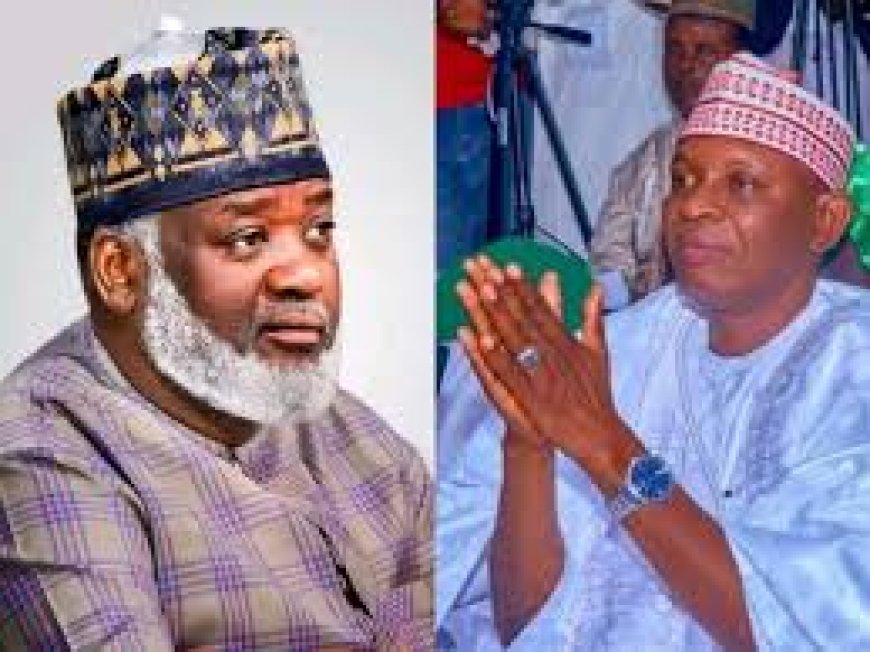Supreme Court's Decision on Kano Gubernatorial Election Case
The Supreme Court's five-member panel adjourned the appeal on the disputed Kano State governorship election after an intense session filled with vigorous arguments from lawyers representing both parties

In a captivating turn of events, the Supreme Court's five-member panel adjourned the appeal on the disputed Kano State governorship election after an intense session filled with vigorous arguments from lawyers representing both parties. The appeal was filed by Kano State Governor Abba Yusuf, who challenged his removal from office by lower courts.
Governor Yusuf, a member of the New Nigeria Peoples Party (NNPP), had originally been declared the winner of the election by Nigeria's electoral commission, INEC. However, Nasiru Gawuna, the All Progressives Congress (APC) candidate, disputed the outcome, alleging electoral malpractices. The Kano State Governorship Election Petitions Tribunal and the Court of Appeal in Abuja upheld Gawuna's case, leading to the nullification of Governor Yusuf's election.
During Thursday's hearing at the Supreme Court, Governor Yusuf's lawyer, Wole Olanipekun, argued that there was no legal basis for invalidating his client's election based on non-compliance with electoral guidelines. He emphasized that the cancellation of an election due to unstamped or unsigned ballots had never happened before in Nigeria's electoral history. Olanipekun questioned why his client should be punished for the electoral commission's failure to fulfill its responsibilities.
Addressing the issue of Governor Yusuf's membership in the NNPP, Olanipekun referenced previous cases where the Supreme Court had ruled that one party could not challenge the membership of another party's candidate. He argued that the tribunal and appellate court had erred in their judgment by denying Yusuf's membership.
On the other side, INEC's lawyer, Abubakar Mahmoud, affirmed that all the disputed ballots used in the Kano State election belonged to the electoral commission. He stressed that the court's decision contradicted previous rulings, and argued that it was not the duty of voters to verify the source of the ballots before casting their votes.
Representing Gawuna, lawyer Akin Olujinmi urged the Supreme Court to dismiss Yusuf's appeal and uphold the lower courts' decisions. Olujinmi argued that INEC had failed to comply with election regulations by not stamping, dating, and signing the disputed ballots.
As this high-stakes legal battle continues, the Supreme Court has the responsibility to uphold justice and the will of the people of Kano State. The verdict is set to be delivered within the statutory 60-day timeframe.
The outcome of this appeal holds significant implications for the political landscape of Kano State and may set important precedents for future elections in Nigeria. With the suspense building, all eyes are on the Supreme Court as it prepares to render its eagerly awaited judgment








